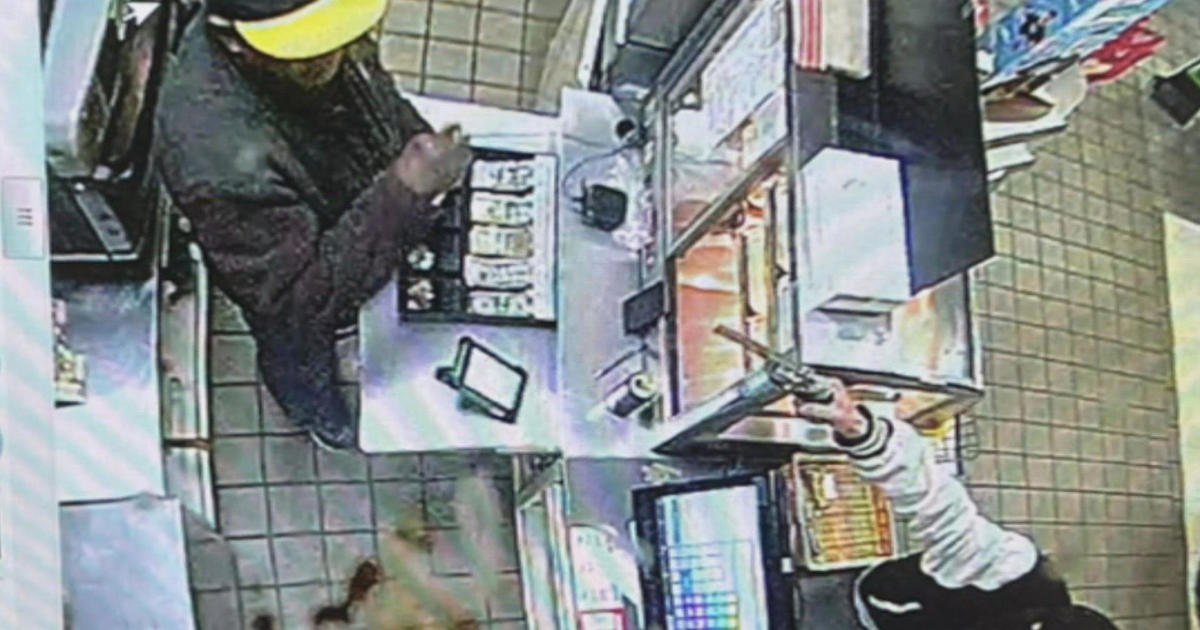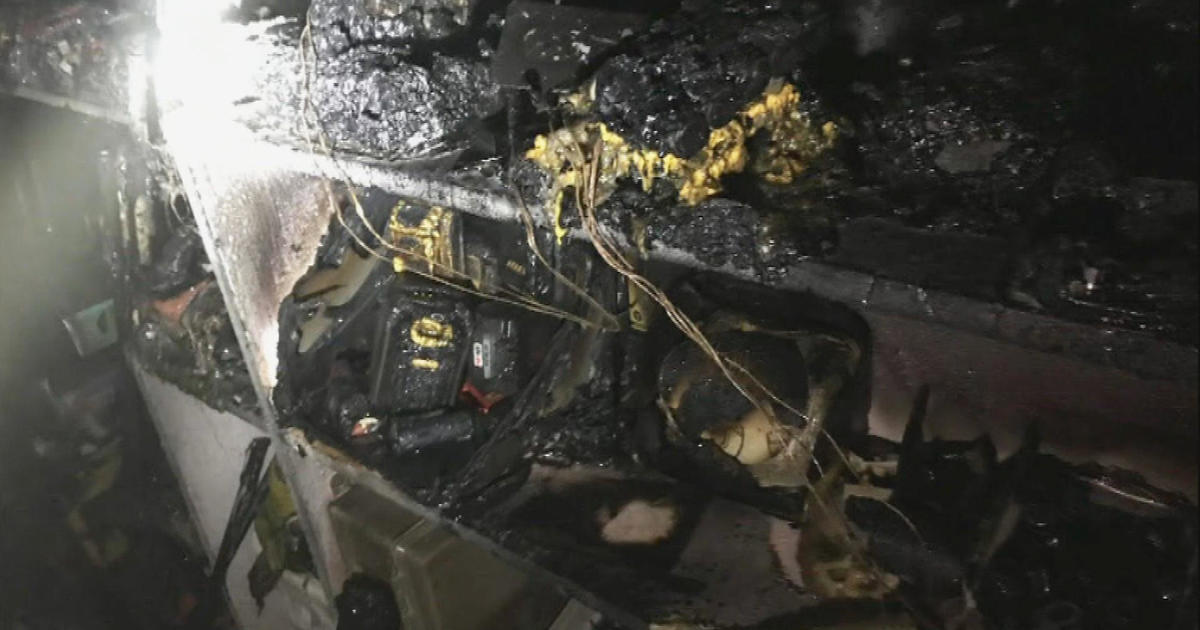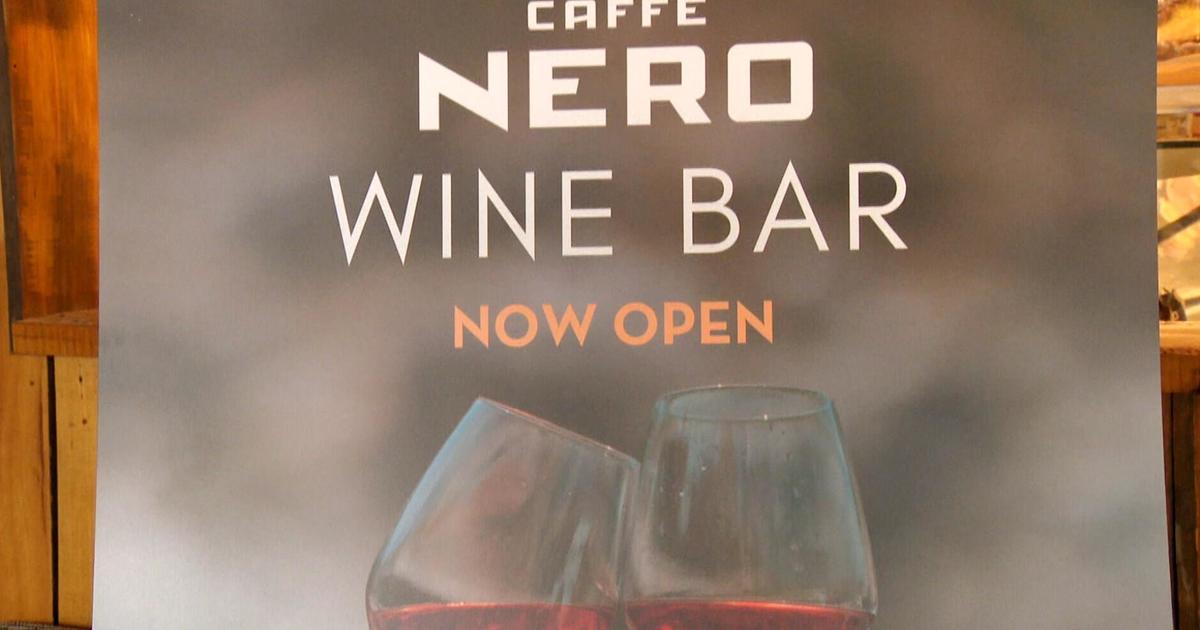Redemption Centers Feeling The Economic Pinch
 WBZ
WBZ
It should be a simple equation, you pay a five cent deposit on bottles and cans and when you return them you get the nickel back.
Well, that's not always what happens.
Louise from Dedham told us about it by going to the Curiosity section of our website and writing: "I'm curious why some redemption sites only give you back four cents. Is that legal?"
We have the answer, and the story behind it.
A growing number of can and bottle redemption centers in Massachusetts are now giving back only 4-cents, instead of the 5-cents a customer pays for the deposit. Since the Bottle Bill began, about 30-billion containers have been returned to stores or redemption centers.
But people who run the redemption centers say unless they cut back on what they give back, they're going under. "I should give 5-cents, but the problem is we can't afford to," says Tom Casey the owner of Bottle Bill's Redemption Center in Framingham.
He's gone "on strike," returning only 4-cents because he hasn't gotten a raise in 19 years.
"Nineteen years is long enough and if they don't do something soon, there probably won't be any more redemption centers left," says Casey.
Here's how it works. Tom and other redemption center owners get two and a quarter cents from the bottlers and distributors for every bottle or can they take. It's called a handling fee and is set by the state. The problem is, that fee hasn't increased since 1990, and a lot has changed for these small businesses since 1990.
"My rent has gone up, my heat has gone up, transportation costs have gone up," says Casey. Not to mention wages, insurance and health care. Yet the fee has stayed the same.
"The only way we could make more was to go to 4-cents and try to stay open," says Casey.
It's perfectly legal for redemption centers to return less than a nickel.
However, retailers like supermarkets and liquor stores must give back the full 5-cents. The centers are different because that's all they do, provide the service for people who want to cash in their returnables. While for retailers, the redemptions are only a small part of their business.
Bottle Bills has lost some customers since reducing what they give back, but many customers have stuck with the business because of the convenience of a one stop drop off for all their bottles and cans. Tom and other redemption center owners want state lawmakers to pass a bill that would add a penny to the handling fee, bringing it to three and a quarter cents per unit.
That's something they've asked for before.
"We go in front of the legislature every year and every year they put it into study. When they put a bill into study it means it's dead," says Casey.
He blames lobbyists for the bottlers for stopping any changes. "So the little guy loses," he says.
But representatives of bottlers and supermarkets say there's no need to expand the bottle bill because curbside recycling is so prevalent. In fact, they would like to see the bottle bill rolled back.
Next week the legislature holds hearings on several bills that would increase handling fees and expand the bottle bill. Tom Casey will be there and so will the other side.
The number of redemption centers has gone down over the years. In 1997 there were 120 of them. Today, less than 80.
Be sure and join the conversation. Go to www.wbztv.com/curious and tell us what you want to know.
© MMX, CBS Broadcasting Inc. All Rights Reserved.



